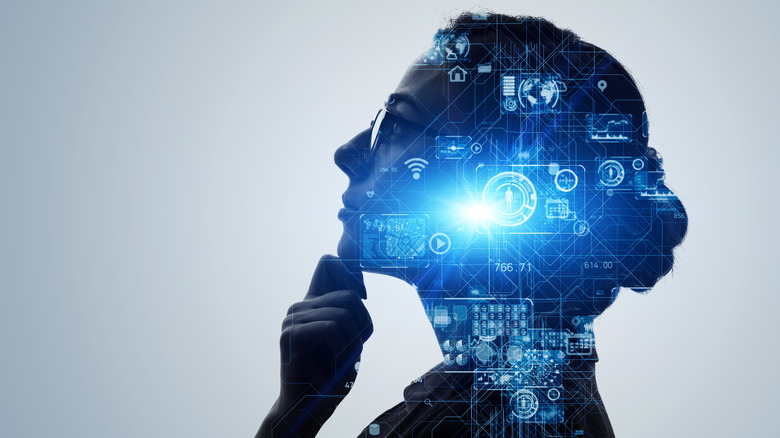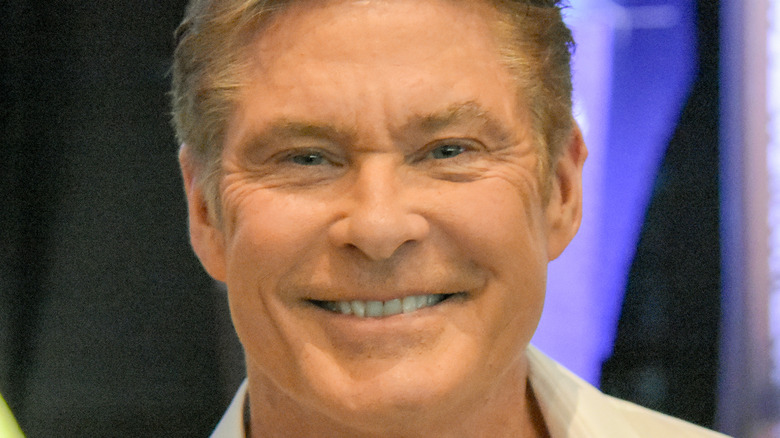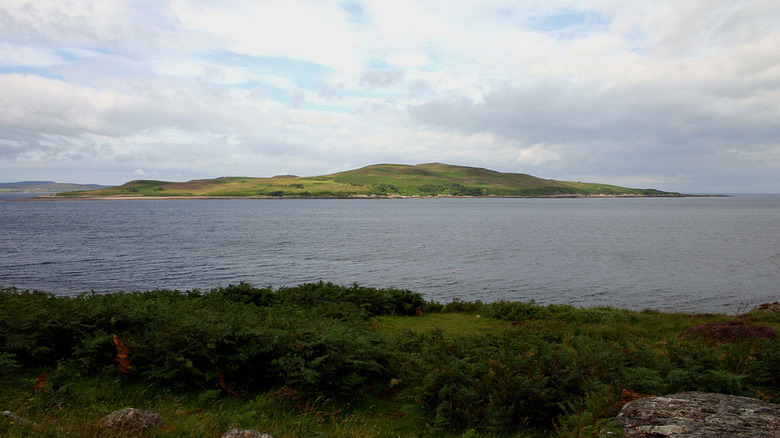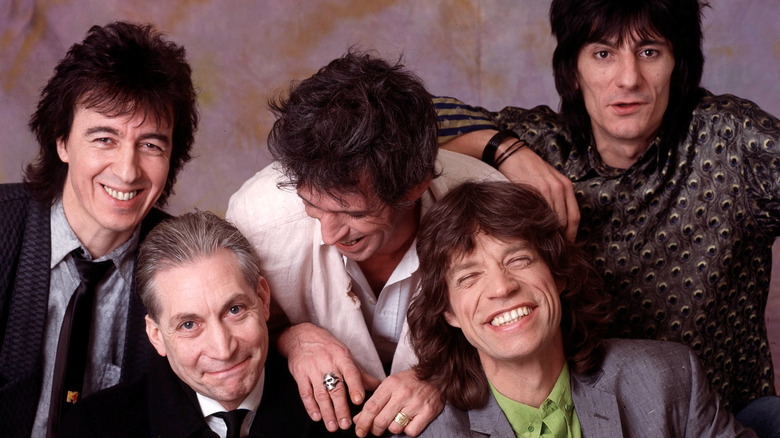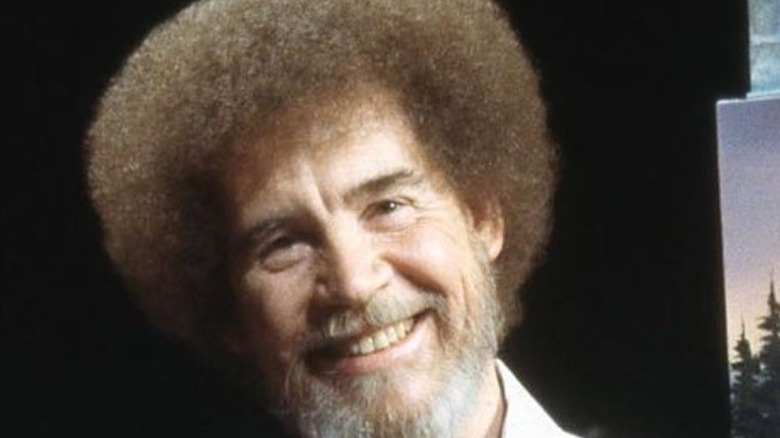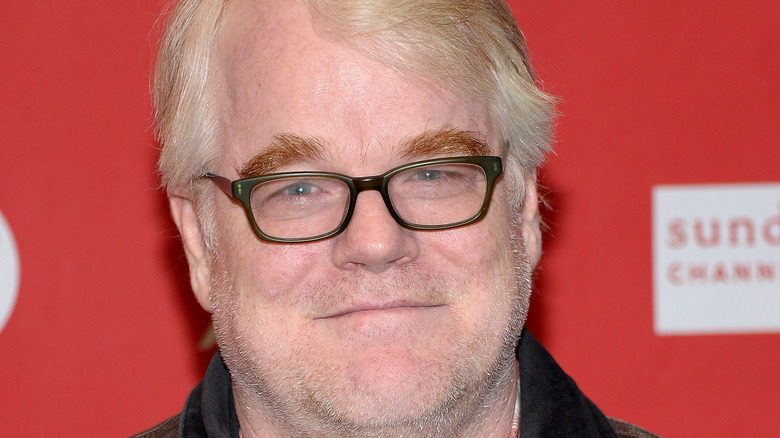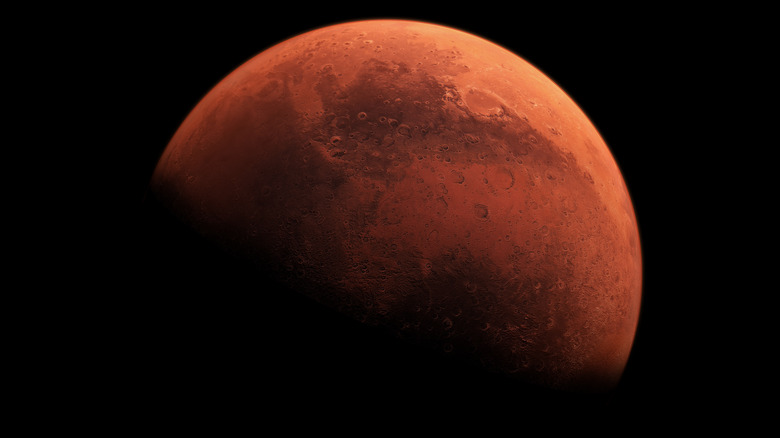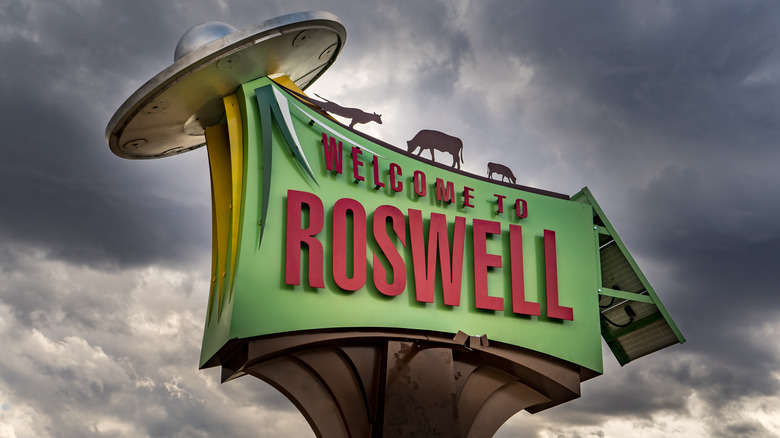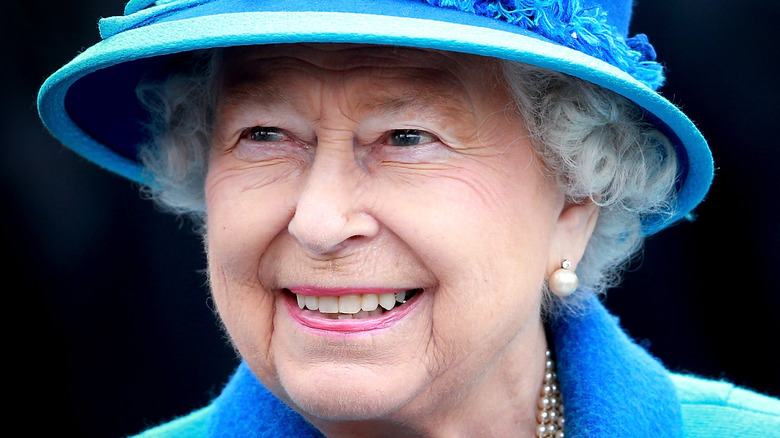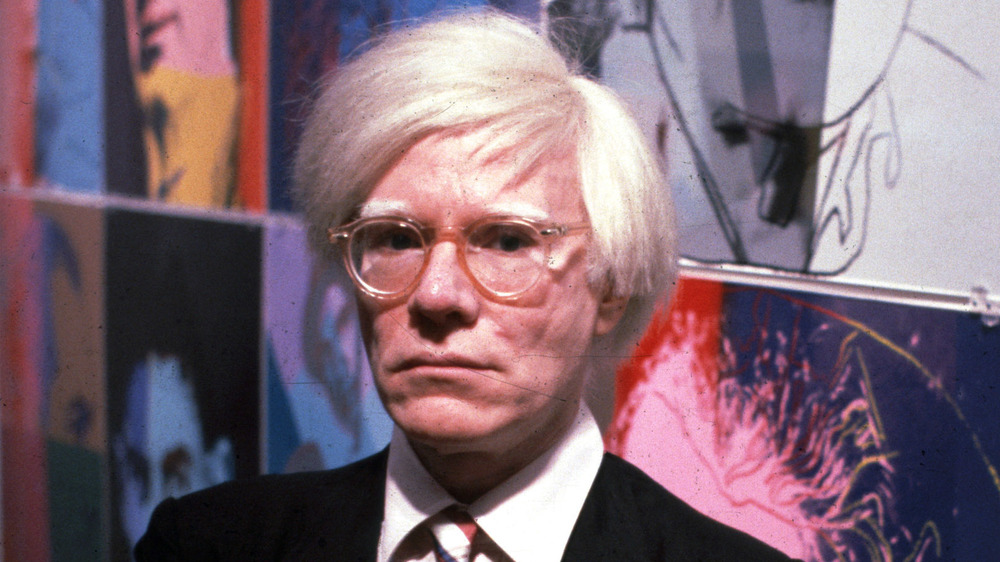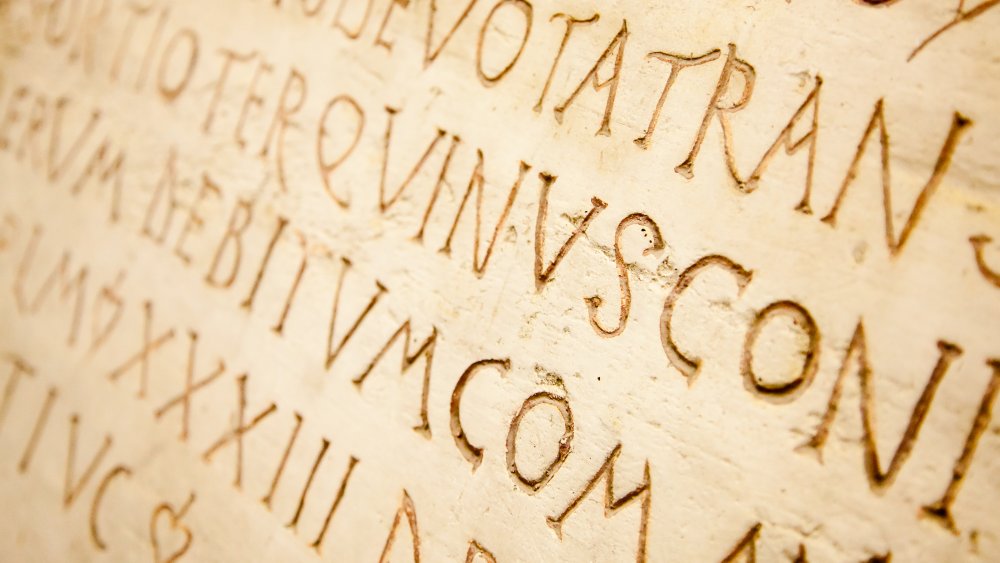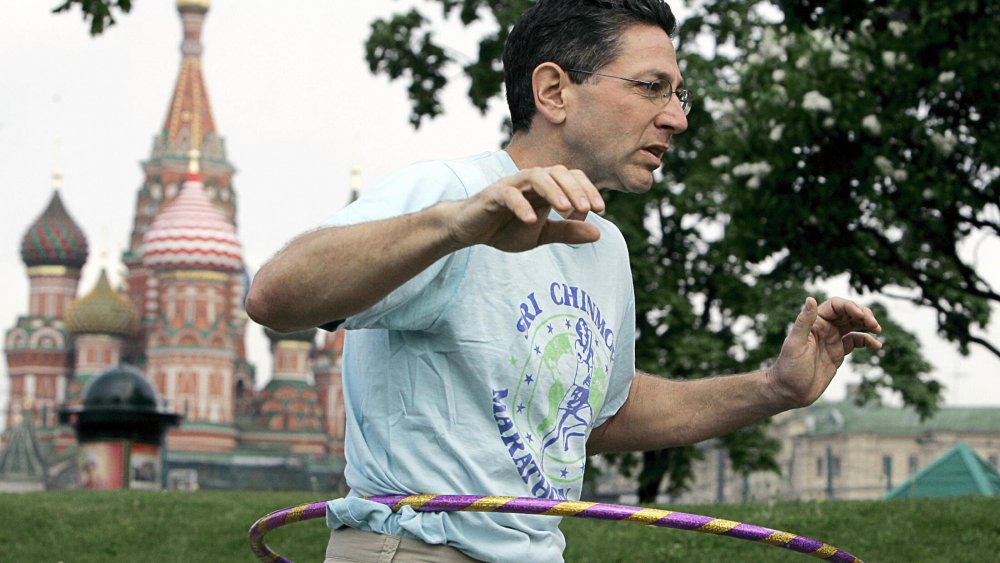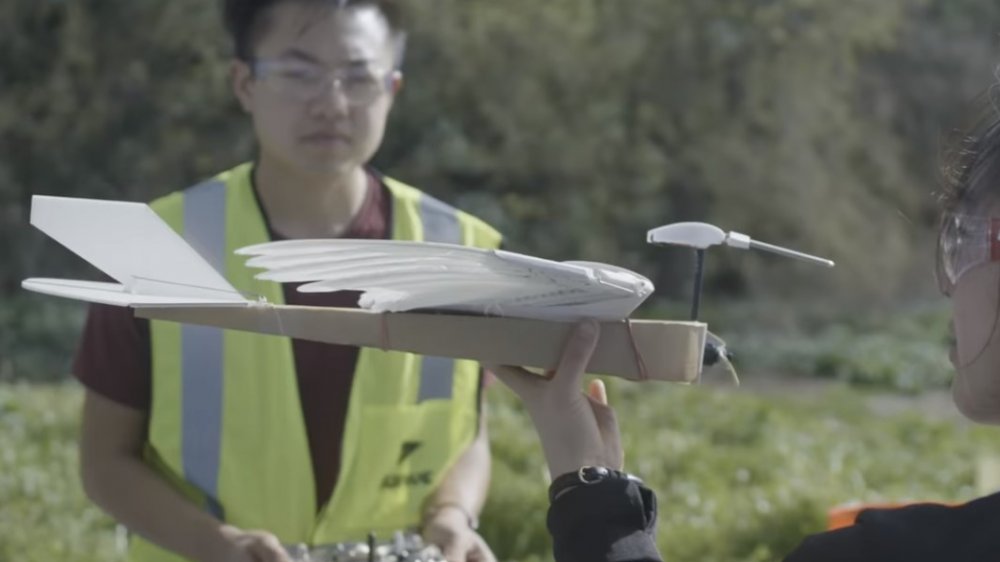
Why Some Scientists Predict Artificial Intelligence Might End The World
If the “Terminator” movies taught us anything, it’s that taking artificial intelligence too far is a dangerous, dangerous notion. One minute humanity is enjoying the concept of an incredibly advanced defense system by the name of Skynet, and the next, Arnold Schwarzenegger is demanding the clothes, boots, and motorcycle of an angry biker.
The relentless march of technology has had huge implications for the human race. In the medical field, life-saving procedures that would have been unimaginable just decades ago are now possible. The internet allows us to communicate with others all around the world — the exchange of thoughts, ideas, and silly pet videos on an unprecedented scale. As technology moves on, though, fields like robotics become increasingly impressive and terrifying. Will artificial intelligence eventually end the world as we know it? It’s a grim indictment, but some experts believe this might be the case.
As per How Stuff Works, Gordon Moore (one of the founders of Intel) devised the concept now known as Moore’s Law, which suggests that the processing power of a computer doubles around every 18 months. This notion is interpreted in various ways — sometimes it’s every 24 months, sometimes it’s the number of transistors in a piece of silicon rather than processing power directly. But it all points to one thing: Intelligent robots will, almost inevitably, reach a point where they’re as or more intelligent than the human brain. In fact, in 2017, HuffPost predicted that robots would be able to match us by 2025.
An intelligence that could be very, very real
In “Our Final Invention: Artificial Intelligence and the End of the Human Era,” author James Barrat suggests that rising robot intelligence could result in a new line of beings. Per New World Artificial Intelligence, these beings could be sentient, develop and enhance their own abilities, and might not take kindly to humanity’s dominance. As there are already machines that can perform certain tasks more effectively than humans can, there could be a way for them to delve into the research of artificial intelligence itself. Why would these (potentially) limitlessly brilliant robots want to cooperate with us? Why would they need to, when we may well be but resources to plunder in this dystopian hypothetical future?
Acclaimed late physicist Dr. Stephen Hawking expressed a similar fear. “Humans, who are limited by slow biological evolution, couldn’t compete, and would be superseded,” he told the BBC, concluding that “full artificial intelligence could spell the end of the human race.”
Technology and artificial intelligence may yet doom or save the world. It’s in our hands which path we take.

The Truth About Amish Puppy Mills
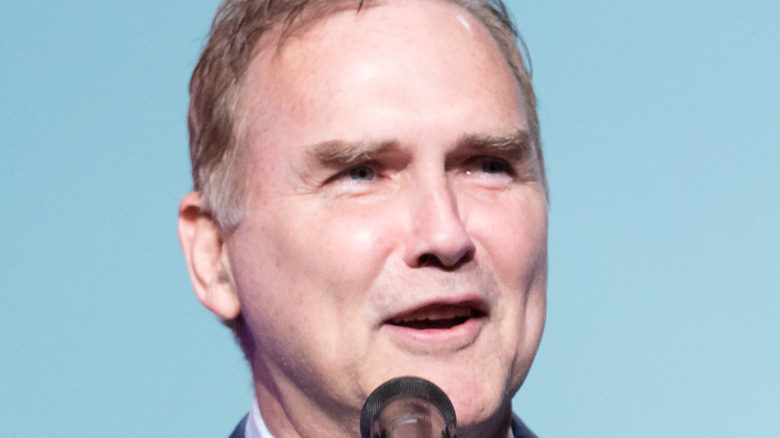
Norm Macdonald Facts Fans Might Not Know
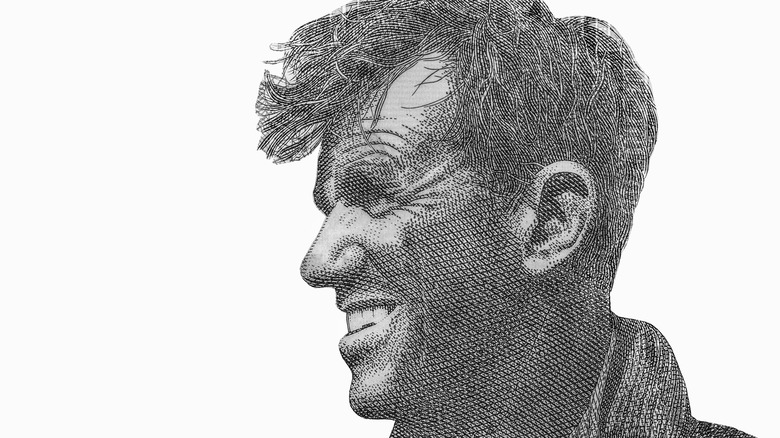
The Tragedy Edmund Hillary Lived Through After Conquering Mount Everest
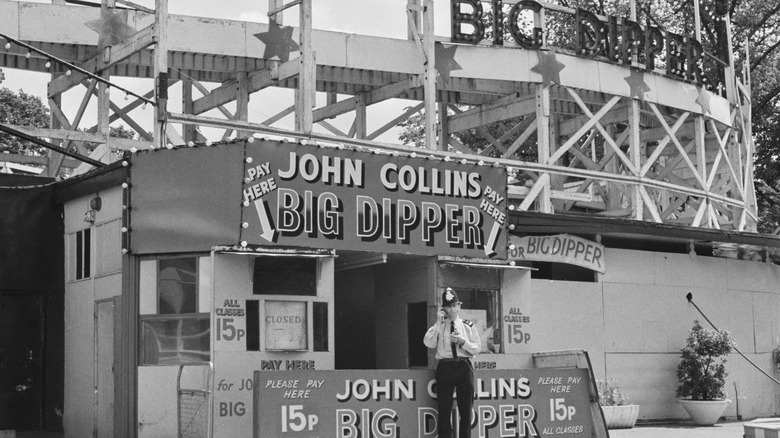
The Truth About The Deadly Battersea Big Dipper Crash
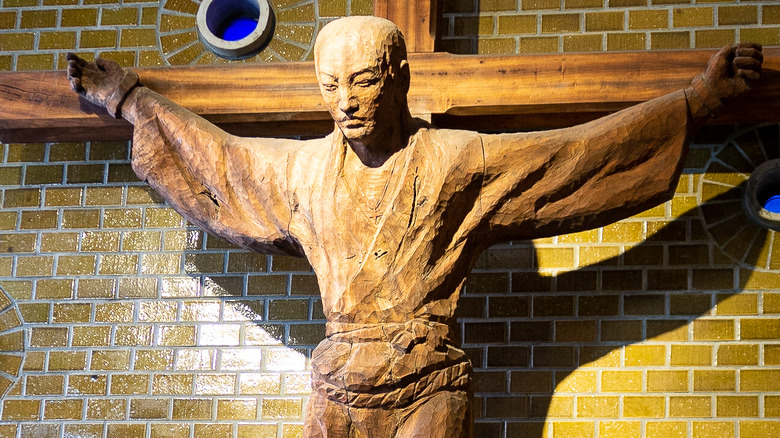
The Horrifying Way Feudal Japan Tried To Eliminate Christianity
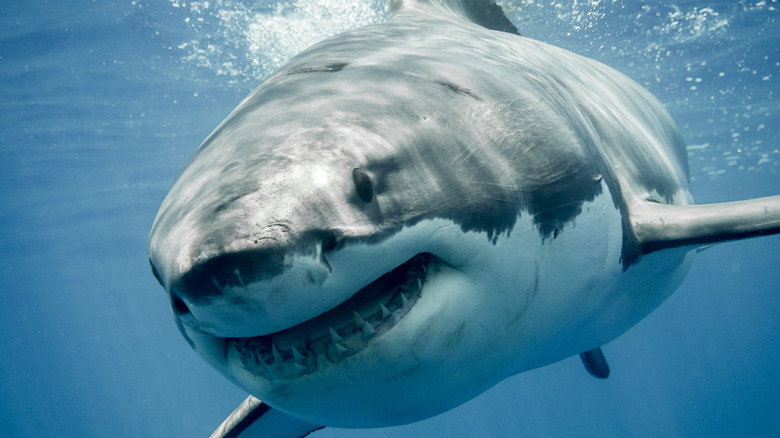
The Bizarre Murder Mystery That Began With An Arm Inside A Shark
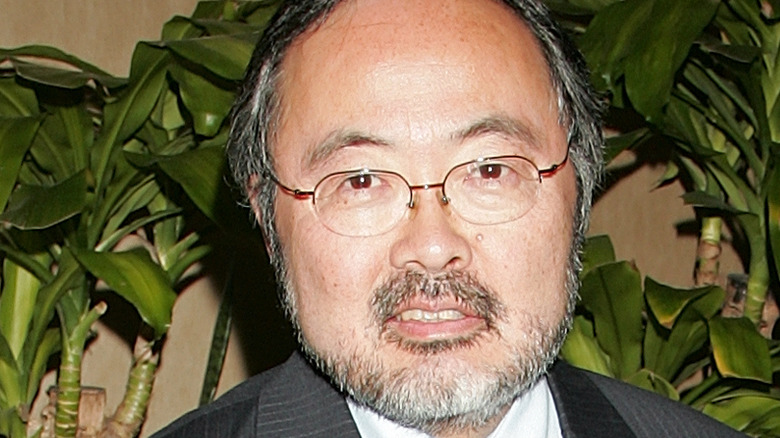
What Judge Lance Ito From The OJ Simpson Trial Is Doing These Days
Strange Animals You Had No Idea Existed

How Many Colors Are Really In A Rainbow?
The Tragic Death Of Dave Mirra
